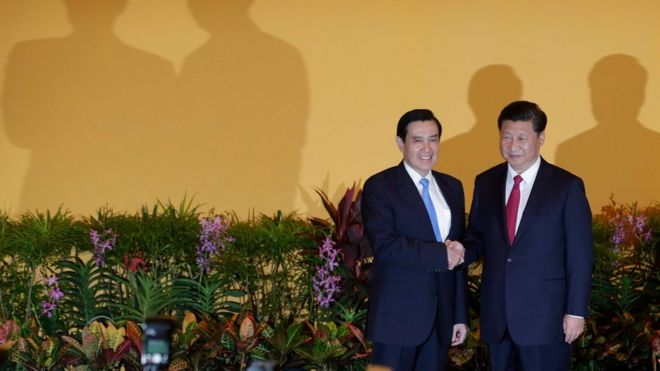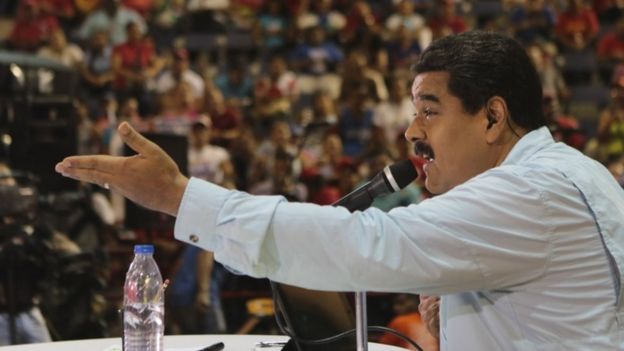By Samuel Miller
Impunity Watch Desk Reporter, North America and Oceania
MANILA, The Philippines — A court in The Philippines convicted a United States Marine of homicide Tuesday in the killing of a transgender woman. The court sentenced him for six to 12 years, in a case that has reignited debate over American military presence in its former colony.

The Marine, Joseph Pemberton, had been charged with murder; however, the court convicted him of the lesser offense of homicide, which does not require malicious intent.
Pemberton will be temporarily detained in a Philippine jail until the Philippine and US governments agree on where he should be held during his prison term.
Authorities stated Pemberton, who was on shore leave in Olongapo City during joint military exercises, killed the victim in October 2014 after he discovered that she was transgender.
The court said that it had reduced the charge from murder because the element of “treachery” was not present in the killing. The general perception of the case has led many to criticize aspects of the sentencing. The victim’s sister told Reuters, “We expected a murder conviction but instead got homicide. We are not content with the decision.”
Laude’s mother, Julita Cabillan, also told the Associated Press that while she was happy with the verdict, she was not pleased with the jail term. “No amount of money could pay for the years I spent raising my child,” Cabillan told reporters. “What they did to my child was gruesome. Just because we are poor doesn’t mean we can’t fight for justice.”
Additionally, Protesters supporting the victim, Jennifer Laude, outside the Hall of Justice carried placards, saying “Justice for Jennifer Laude! Justice for the Filipino people”, “Jail Pemberton in the Philippines”.
The case has sparked renewed controversy over U.S. military presence in The Philippines. According to the Associated Press, activists outside the courthouse warned that they would closely watch to ensure Pemberton is detained in a Philippines jail. The Philippines and U.S. governments must next agree on where Pemberton should serve his sentence, as prescribed under a visiting forces agreement.
Under the agreement, the Philippines can prosecute U.S. service members, but the U.S. has custody over service members from the commission of the offense until completion of all judicial proceedings. Interestingly in 2009, the Philippine Supreme Court ruled that convicted U.S. personnel must serve their sentences in the Philippines.
In recent years, both countries have sought to rebuild defense ties. Last year, President Obama visited Manila to sign a deal to expand military cooperation with the Philippines.
Both allies are also waiting for the Philippine Supreme Court to approve a pact allowing the U.S. military to store supplies on Philippine bases for operations related to maritime security, humanitarian assistance and disasters.
The case has now led to calls from left-wing groups for the Philippines to end its military agreements with the US.
For more information, please see:
BBC News — US marine guilty of Filipina transgender killing – 1 December 2015
CNN — U.S. Marine found guilty of killing transgender woman in Philippines – 1 December 2015
NY Times — U.S. Marine Guilty in Killing of Transgender Woman in Philippines – 1 December 2015
Reuters — U.S. Marine jailed in Philippines for killing transgender woman – 1 December 2015
USA Today — U.S. Marine found guilty of killing transgender Filipino – 1 December 2015
Washington Post — U.S. Marine convicted of killing transgender Filipino – 1 December 2015


